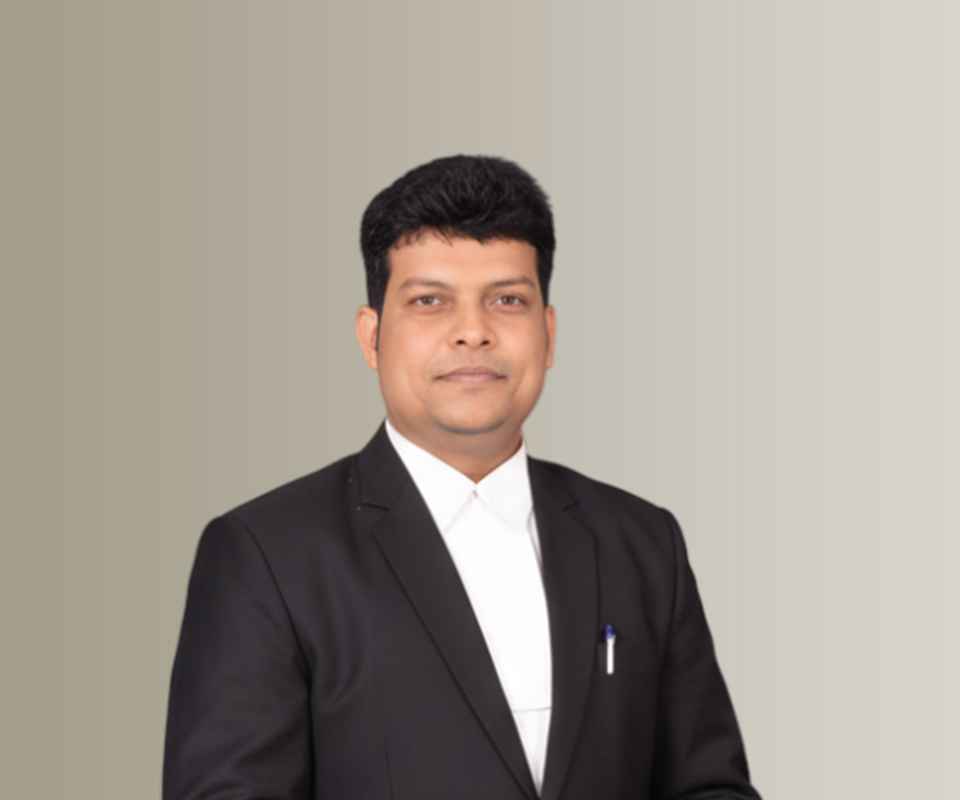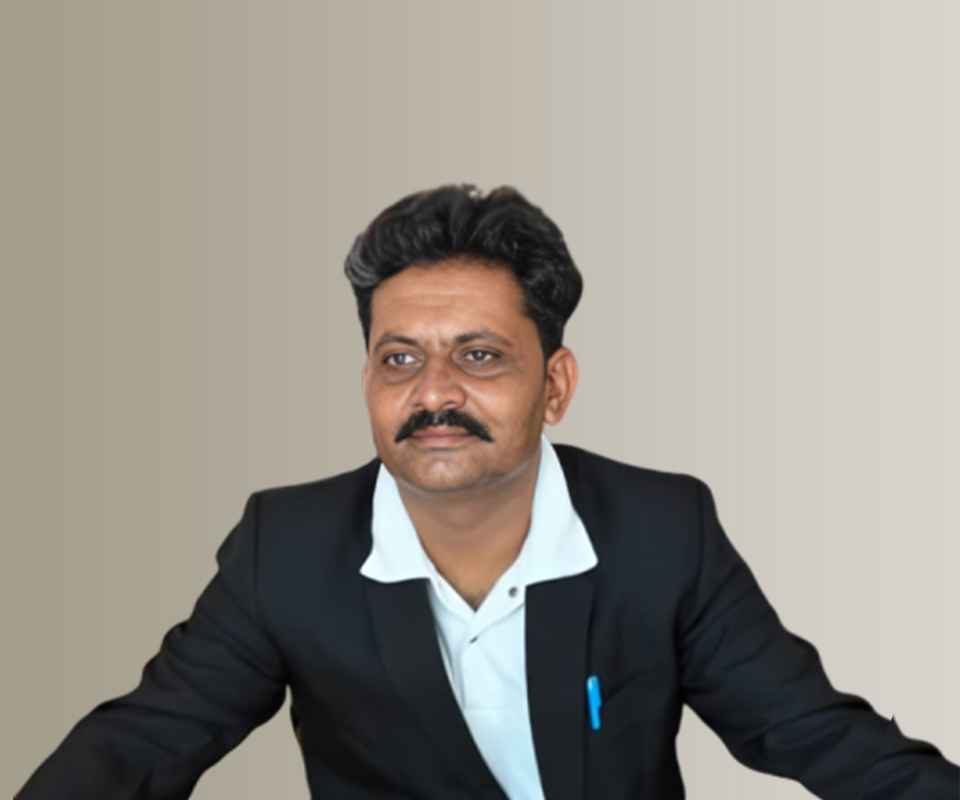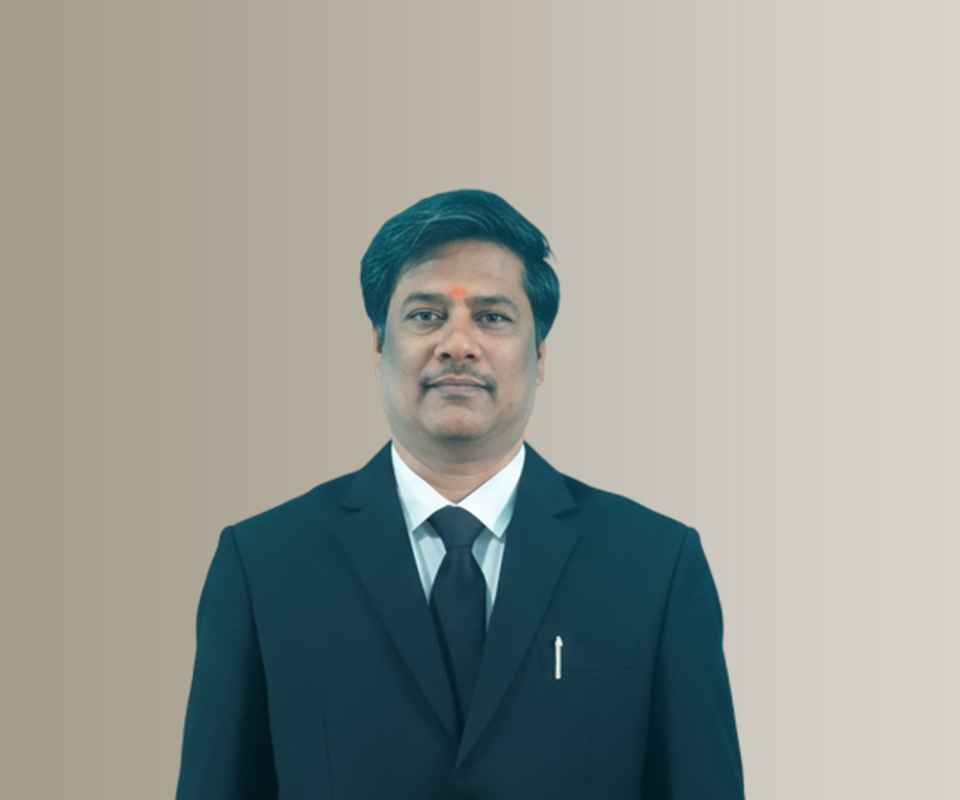Answer By law4u team
In India, personal injury cases typically follow the standard civil litigation process, which can be time-consuming. However, there are provisions under certain circumstances to expedite the legal proceedings, such as through fast-track courts. Fast-track courts were introduced with the goal of reducing delays in the judicial system, particularly for cases involving serious injuries, compensation claims, or other urgent matters. But, the eligibility and scope of fast-track courts for personal injury cases depend on specific legal frameworks.
Can Personal Injury Cases Be Fast-Tracked?
Fast-Track Courts in India:
Fast-track courts are designed to expedite the judicial process for certain types of cases, particularly those involving serious crimes (like sexual offenses, child abuse, etc.) or high-priority civil matters.
However, personal injury cases (which are typically civil in nature) may not automatically fall under the purview of fast-track courts unless they meet specific criteria set by the courts or government.
Eligibility for Fast-Track Courts:
In general, personal injury cases do not have a dedicated fast-track court system unless they are part of larger compensation schemes or arise from serious accidents, like those involving public safety or mass accidents.
Example: Personal injury cases resulting from road accidents involving multiple victims, industrial accidents, or injuries resulting from public authorities' negligence may be prioritized in some jurisdictions.
Specific Laws for Expediting Claims:
Personal injury claims related to workers’ compensation, motor vehicle accidents, or claims for medical negligence may be expedited based on specific statutory provisions or special tribunals.
For instance, under the Motor Vehicles Act, 1988, certain compensation claims arising from road accidents may be expedited by the Motor Accident Claims Tribunal (MACT). While not strictly a fast-track court, the MACT provides a streamlined procedure for road accident victims to seek compensation without delays.
Importance of Expedited Proceedings:
In some personal injury cases, particularly those involving severe injuries, permanent disabilities, or life-threatening conditions, there may be an application to expedite the legal process. Courts may grant such requests if there is a prima facie case of urgency.
Example: If a person is severely injured in an accident and requires urgent financial support, they may request that their claim be expedited to ensure that they receive compensation for medical expenses or lost wages without long delays.
Civil Courts and Delay:
Typically, personal injury cases are heard in civil courts, which have a regular backlog of cases. However, if there are circumstances such as severe health deterioration or urgent financial need, a civil court may grant a faster hearing to an individual by providing an early date or expedited process.
Example: If a claimant is in critical health and is unable to continue litigation for an extended period, the court may set a fast-track schedule to expedite their case.
Procedure for Expediting Personal Injury Claims
Filing an Application for Expedited Hearing:
In cases where a personal injury claim needs to be expedited, the plaintiff (injured party) or their legal representative may file an application with the court requesting an early hearing or urgent relief.
This application can be filed citing the severity of the injury, urgent medical needs, or financial hardship resulting from the injury.
Motor Accident Claims Tribunal (MACT):
For motor vehicle accident claims, the Motor Accident Claims Tribunal (MACT) is a specialized tribunal designed to expedite personal injury claims arising from road accidents. These tribunals are known for quicker resolutions, and the process is generally faster than regular civil courts.
Example: An individual who sustains injury in a car accident can approach the MACT for quick relief and compensation.
Court's Discretion to Expedite:
In general civil courts, whether or not a personal injury case will be expedited depends on the court’s discretion. If the plaintiff demonstrates that the injury is severe and requires immediate compensation, the court may fast-track the case.
The court may also consider the availability of medical evidence, the nature of the injury, and the financial hardship that the claimant faces.
Challenges in Fast-Tracking Personal Injury Cases
Limited Availability of Fast-Track Courts:
While fast-track courts exist for criminal cases and certain civil matters, there is no dedicated fast-track system for personal injury cases in India. This can cause delays, especially when the claim involves long-term medical treatment or rehabilitation.
Backlog of Cases:
The judicial system in India, including civil courts, faces significant backlogs, which can delay the resolution of personal injury claims. Even if a claim is expedited, delays are still possible due to limited judicial resources.
Complexity of Personal Injury Claims:
Personal injury claims often involve complex issues, including medical evidence, liability, quantification of damages, and other technical aspects. This can make the process longer, even if the case is expedited.
Example Scenario: A person is severely injured in a road accident involving a government vehicle. The individual suffers significant physical injury and is unable to work. Due to the nature of the injury, they are facing significant financial strain.
- Reporting: The individual’s lawyer requests an expedited hearing in the Motor Accident Claims Tribunal (MACT), arguing that the injured party requires immediate compensation for medical expenses and loss of earnings.
- Tribunal Scheduling: The tribunal schedules a hearing within weeks of the filing, and the claimant is able to receive compensation more quickly than if the case had gone through the regular court system.
Conclusion
Personal injury cases can be expedited in certain circumstances, but fast-track courts specifically designed for personal injury claims are not yet a common feature in the Indian legal system. However, claims related to motor accidents and similar incidents can be addressed through specialized tribunals like the Motor Accident Claims Tribunal (MACT), which offers a faster process. In general civil courts, personal injury cases may be expedited at the discretion of the court, especially if there is a demonstrated need for urgent relief or compensation.





